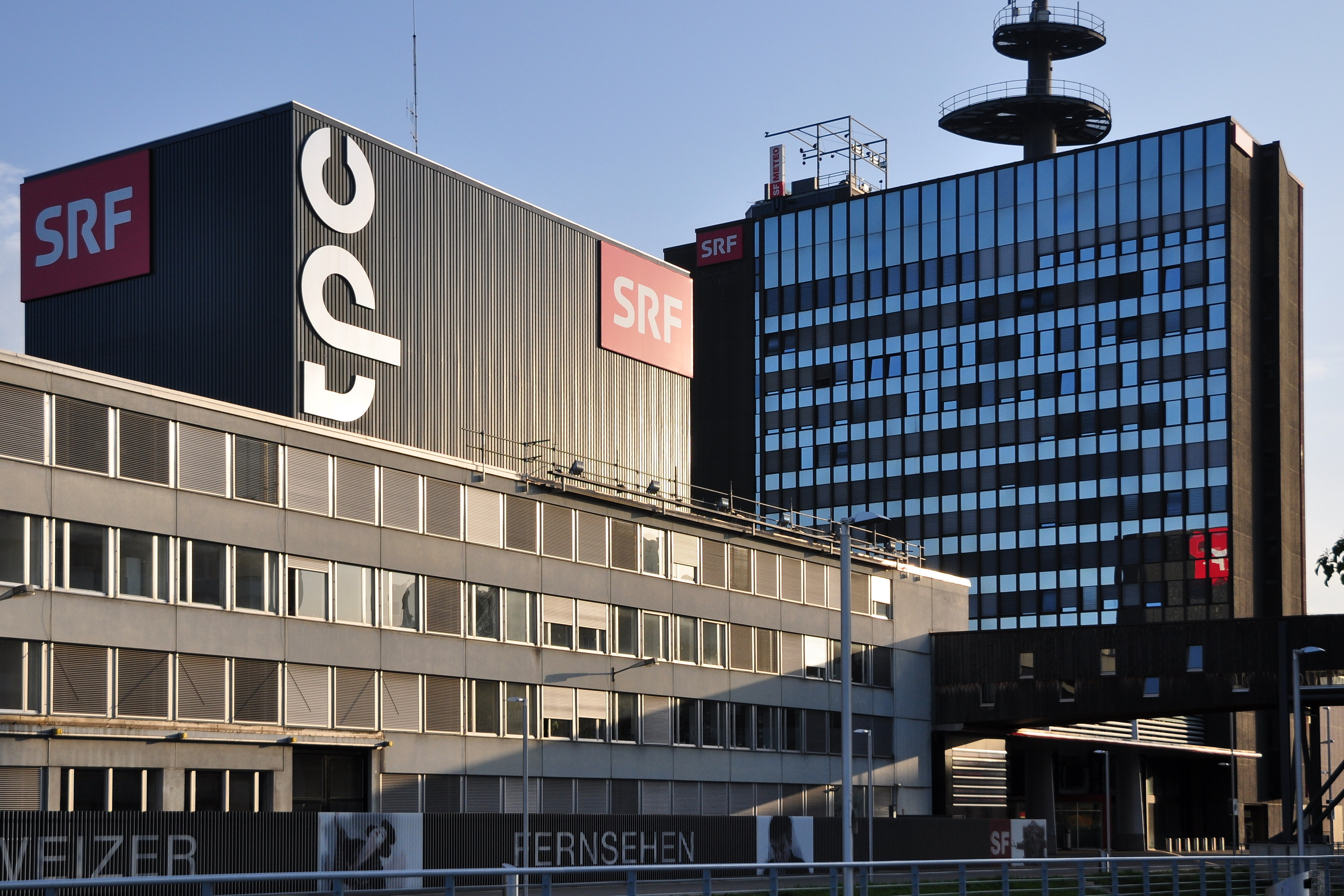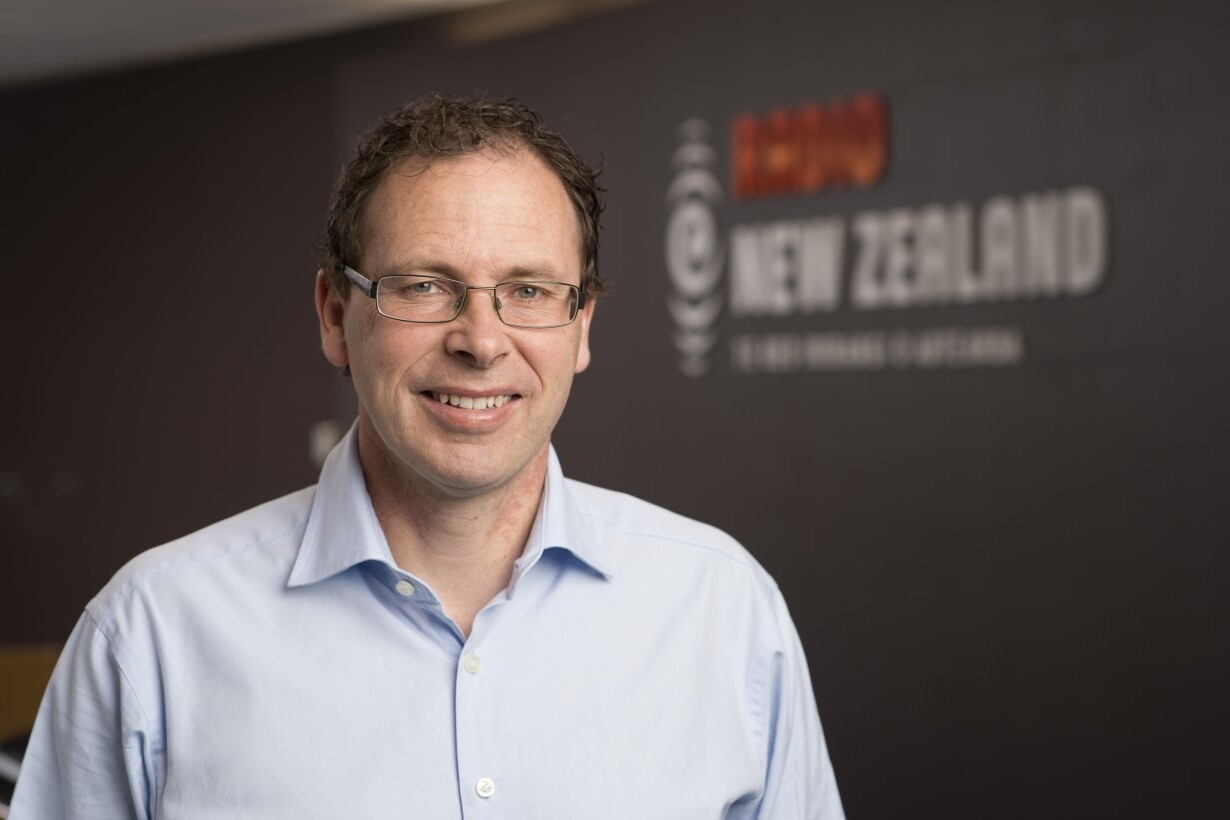Independent and well-funded public media play an instrumental role in supporting and maintaining effective democracies. But with media freedom in decline worldwide, what has the impact been on the ability of public service media (PSM) to fulfil their mandate?
From heavy handed governments to populist movements against the press and pluralistic media, the newly released World Press Freedom Index from Reporters Without Borders (RSF) paints a disturbing picture of global media freedom.
According to a RSF press release, this year’s index reflects growing hostility and animosity towards the media, where journalists are increasingly vilified, face hate speech and often accused of terrorism, with growing numbers of “democratically elected leaders no longer [seeing] the media as part of democracy’s essential underpinning”.
The annual index – launched ahead of World Press Freedom Day (3 May) – is compiled from a set of questionnaires sent to media experts and professionals, and is coupled with quantitative data on abuses and violence towards journalists. The questionnaire takes into account pluralism, media independence and levels of self-censorship, among other criteria.
Moreover, the index highlights areas of shared concerns, where a considerable decline in media freedom matches trends that we have witnessed over the past year. As with the decline in media freedom, the pressure and challenges facing PSM are not localised, but shared worldwide.
These challenges include political pressure on journalists to self-censor and populist campaigns against public funding mechanisms. It also includes the systematic harassment and, in some cases, firing of PSM journalists based on the whims of political elites. This in itself defies one of the ideal tenets of public media – independence and accountability to the public.
Here, we reflect on some of the key threats and challenges that have faced PSM over the past year and contributed to declining media freedom.
Political pressure
From Trump’s “media bashing” to direct verbal and physical threats towards journalists, news media organisations are facing the heat of targeted harassment campaigns from political elites. Despite recent gains, one region has clearly demonstrated the impact of this pressure: Central Europe.
Poland has swiftly descended from the position of 18/180 in RSF’s 2015 index to 47 in 2016 and then 58 in 2018. The initial drop followed the election of the right-wing Law and Justice party into government in late 2015, who effectively dismantled public broadcaster TVP’s independence by ordering the mass dismissal of media workers and allowing the country’s Treasury Minister to appoint management sympathetic to the governing party. Since then, TVP news coverage has largely been standardised to reflect state interests while the government has inhibited the ability of journalists to effectively report on parliamentary debates.
Meanwhile in Hungary (-2 to 73rd), the re-election of Prime Minister Orbán will do little to improve the editorial independence of the country’s restructured public broadcaster, which exists in an increasingly concentrated media landscape, with outlets disproportionately owned by those linked to the ruling party.
More recently, concerns have turned to the Czech Republic (-11 to 34th), where public television and radio have been singled out by politicians in efforts to gain populist support. Newly elected President Milos Zeman even brandished a fake Kalashnikov with the inscription “for journalists” at his inauguration in March.
There is growing concern that rhetoric will turn into action now that the ruling right-wing party has enough control over the country’s lower house. This could allow them to make sweeping changes to Czech PSM by amending current media law, rejecting budgets and removing Czech Television’s current board. More than 10,000 people have since signed a petition in support of Czech Television and resist efforts to eliminate the independence of Czech PSM.
"As with the decline in media freedom, the pressure and challenges facing PSM are not localised, but shared worldwide."
Funding
If managed correctly, a high level of public funding can be one way of ensuring the accountability of PSM, its relative independence and the production of high quality, trustworthy content – particularly at times when disinformation proliferates. Yet political, populist and commercial hostility towards PSM has fuelled calls for funding cuts over the past year, particularly on the premise of overspending, value for money and unfair advantage.
In Switzerland, the No Billag referendum called for an outright ban on the public licence fee for broadcaster SRG SSR. Despite 71.6% of the public voting against the initiative, some initial polls suggested an almost 50/50 split in the electorate, leading to an intense awareness raising campaign by SRG SSR and its supporters.
However, this level of support was not as prevalent elsewhere. Despite ranking 9th in RSF’s index (-5 places), Denmark’s public broadcaster, DR, has taken a substantial funding cut thanks to the government’s decision to scrap the mandatory licence fee and replace it with a state tax, along with a 20% budget cut.
The threat of cuts also looms large in the USA. A 2017 state budget proposal could significantly reduce the amount of federal and public funding given to the Corporation for Public Broadcasting (CPB), which distributes funds to broadcasters PBS and NPR. The vast majority of federal funding is distributed to local stations, and this is where cuts could cause most damage, with some rural communities losing their only source of locally produced media.
The response to proposed cuts has been steadfast, with pro-funding campaigns launched from supporters and broadcasters alike. This includes a survey highlighting PBS and its member stations as the “most trusted institution” in the US for the 15th consecutive year.
"If managed correctly, a high level of public funding can be one way of ensuring the accountability of PSM, its relative independence and the production of high quality, trustworthy content – particularly at times when disinformation proliferates. "
Management
As is clear, independence is ideal but certainly not guaranteed. Beyond influencing funding and public perception, undue political pressure can impinge other areas of public broadcasting, including its structure and management. As such, public broadcasters are often subject to political meddlings and unsolicited decision making.
In Spain, which fell two places in RSF’s 2018 Index to 31, the public broadcaster Corporación de Radio y Televisión Española (RTVE) has been trying to rid itself from government control, corruption and censorship for over a year.
After months of debates in Parliament, three of Spain’s main parliamentarian groups agreed on a reform that would grant the broadcaster greater independence by electing the president and leadership via public contest. But the reform took a year and faced many deadlocks to be approved and, up until 27 April, the broadcaster’s staff were protesting as the Partido Popular (PP) continued to block the final approval of the reform.
In the Pacific, political control reached its peak in Tonga (-2 to 51st), where the prime minister Akilisi Pohiva labelled the Tonga Broadcasting Commission (TBC) “the enemy of the government”, and claimed that their primary role is to “facilitate the work of the government”. The prime minister then fired TBC’s chair of the board and the general manager in a clear breach of broadcasting principles and media freedom.
Other countries have experienced similar struggles. In Slovakia, Rozhlas a Televízia Slovenska (RTVS) Director General, Jaroslav Rezník, canceled the broadcaster’s only investigative reporting programme while many experienced journalists have been fired and replaced with government officials.
A similar situation has been affecting Brazil (+1 to 102) throughout the past couple of years. While in Israel (+4 to 87) last spring, Prime Minister Benjamin Netanyahu and his government hampered and delayed the launch of a new public broadcaster, the Israel Public Broadcasting Corporation (IPBC), which was eventually established with significant political oversight.
Fighting back for values
Yet political pressure, intimidation and influence doesn’t always go unchecked. In many cases these challenges have been met with resistance from within the public broadcasters themselves. Across the globe, strikes have been a way for staff to denounce censorship, low pay and cuts to programming and fight for editorial independence and better working conditions.
Last year in Brazil (+1 to 102), workers from the EBC went on strike to denounce political control and censorship, and recently protested again when they were asked to reduce coverage of the murders of the Rio de Janeiro city councilor Marielle Franco and her driver.
In South Korea (+20 to 43), over 3,000 journalists at the Korea Broadcasting Service (KBS) and Munhwa Broadcasting Company (MBC) went on strike in September over management control and coverage interference. The strike specifically demanded the resignation of the board of directors’ president, Koh Dae-young, who was accused of tainting the fairness and transparency of journalistic coverage. After his dismissal in January, striking staff returned to work with the aim of steering the broadcaster towards greater independence.
“Our goal isn’t just to make KBS what it was 10 years ago, our goal is to end the broadcasting company’s shameful history of servitude and submission to power,” the National Union of Media Workers said in a statement. “We will create a KBS that touches the lives of our citizens and reflects their opinions and ideas.”
Strikes elsewhere include Argentina, where workers assembled together to denounce layoffs and austerity, in Italy where sport journalists protested against programme cuts, and in South Africa, where SABC workers went on strike over unfair wages.
Threats to transparency, impartiality, independence and other PSB traits aren’t unique to a selected group of regional broadcasters, but they are all symptoms of an increasingly rigid climate that has been affecting public broadcasters worldwide in recent years.
Upholding values
Yet regardless of these challenges, public broadcasting still holds a crucial role in upholding democracy and freedom of expression. Even if the sector – especially across Europe – is suffering from a plethora of threats, including lack of governmental support, recent research from the European Broadcasting Union (EBU) shows that the unique traits of PSM in the region act as a quality benchmark across media platforms. It also reinforces that well resourced public service media provides citizens with essential impartial information that contributes to better understanding of politics and public affairs – especially in times of election.
In Switzerland, the rejection of the NoBillag initiative was also also influenced by voters’ upholding the public broadcaster as a uniting force for multi-cultural cohesion and in Spain, citizens widely believe that the regional public television stations contribute to the growth and wealth of the media sector.
This impact is shared elsewhere. In the Pacific, for example, the services of New Zealand’s public broadcaster, Radio New Zealand (RNZ) are considered essential for the information of citizens and providing timely information during crises. And in the US, National Public Radio (NPR) continues to enjoy a strong listenership in spite of threats to public media funding and the vilification of the press by President Trump.
"PSM is essential to democracy but it is also reliant on political and public will for it to survive. It needs to be independent and exist in an environment where its journalists are able to effectively report and hold power to account."
Ahead of World Press Freedom Day, RSF’s latest Index clearly highlights the uphill struggle to secure media freedom worldwide. It also helps us to paint a picture and situate the current state of public media across the globe. PSM is essential to democracy but it is also reliant on political and public will for it to survive. It needs to be independent and exist in an environment where its journalists are able to effectively report and hold power to account. In fact, it requires every facet that underpins media freedom to be in place, something that is becoming increasingly difficult to ensure.
As the RSF secretary-general Christophe Deloire states: “The unleashing of hatred towards journalists is one of the worst threats to democracies” – it undermines the potential for public debate.
Related Posts
19th January 2018
Insight | How public media should respond to journalism’s crisis
PMA President and Radio New Zealand CEO…

